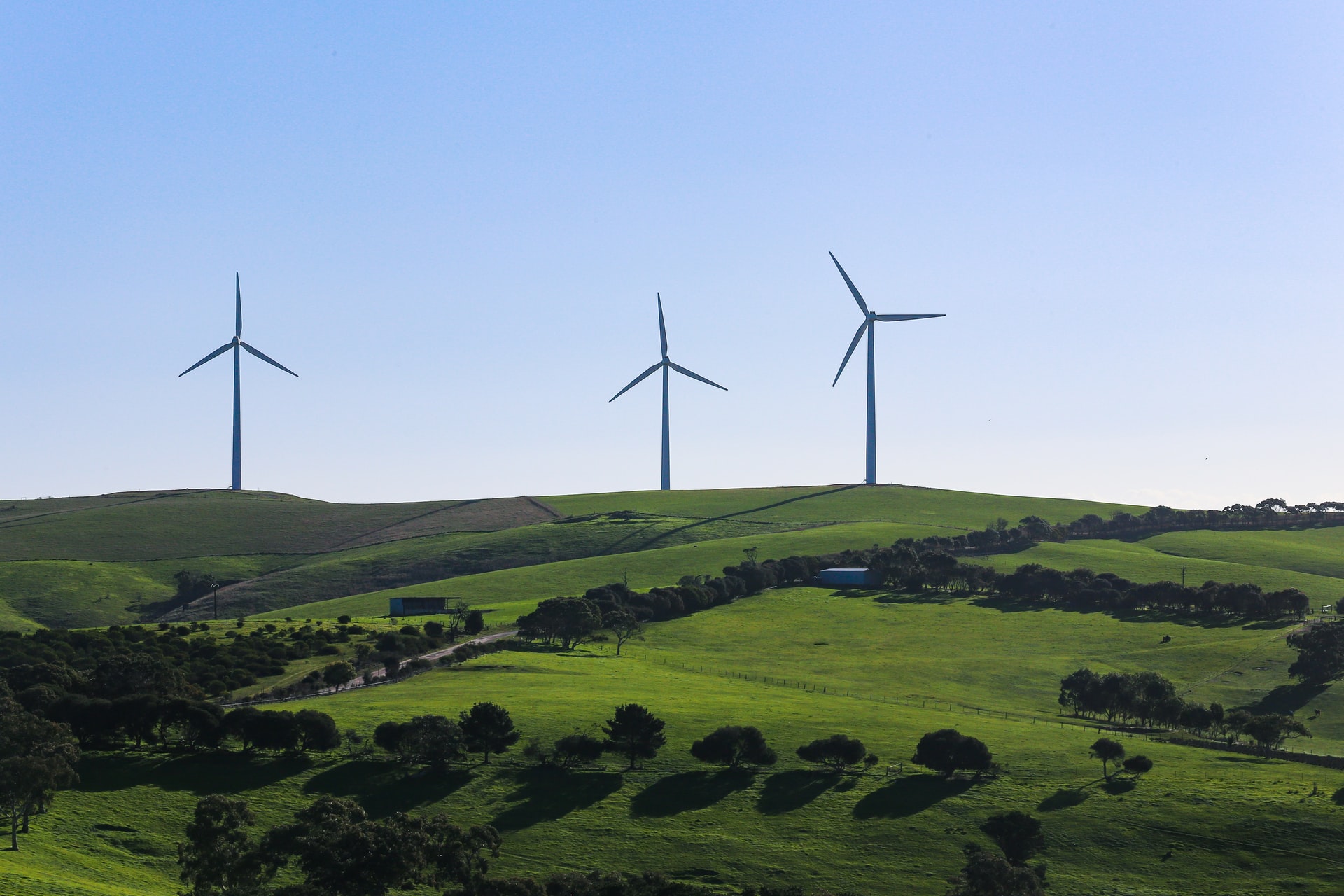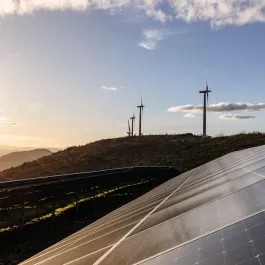
EDP Renováveis signs 127.5 MW PPA with Procter & Gamble

For 15 years, EDP R will supply 40% of the energy needed to all of the multinational's factories in Europe. Clean energy will be produced in two new renewable parks in Spain that will come into operation in 2023.
EDP Renováveis, the fourth largest producer of renewable energy in the world, has guaranteed a 127,5 MW power purchase agreement ("PPA") with Procter & Gamble, for a period of 15 years. This contract, which will avoid the emission of more than 130 thousand tons of CO2 per year, is linked to two projects that will come into operation in 2023.
One of the parks, to be located in Peñaflor (Valladolid), will be a solar park and will have an installed capacity of 100 MW, fully allocated to the contract established with P&G. The other project will be wind power to be located in Sierra de la Venta (Albacete), and it will have an installed capacity of 47.5 MW, with 27.5MW of which refer to the PPA signed with the multinational.
With this contract and the creation of these two new parks, around 40% of the energy needed to supply P&G's factories across Europe will be produced in Spain and from renewable sources. And with this agreement, P&G drives more renewable capacity into operation and commits to a long-term supply, making a significant investment and generating environmental and social value.
“We are very pleased to sign a long-term PPA with an internationally renowned company such as P&G, which shares with us the firm commitment to driving the energy transition and the decarbonisation of the economy. We will also collaborate to foster the circular economy and ensure that the projects involved in this PPA generate the greatest positive environmental, social and economic impact on local communities and their surroundings”, emphasizes Miguel Stilwell d'Andrade, president of the EDP group.
With this new contract, EDPR already has 0.6 GW of guaranteed capacity in Spain that will come into operation from 2021. EDPR's success in guaranteeing new PPA reinforces its growth strategy, based on the development of competitive projects with a low risk profile, thus promoting the acceleration of the energy transition and the decarbonization of the economy.




